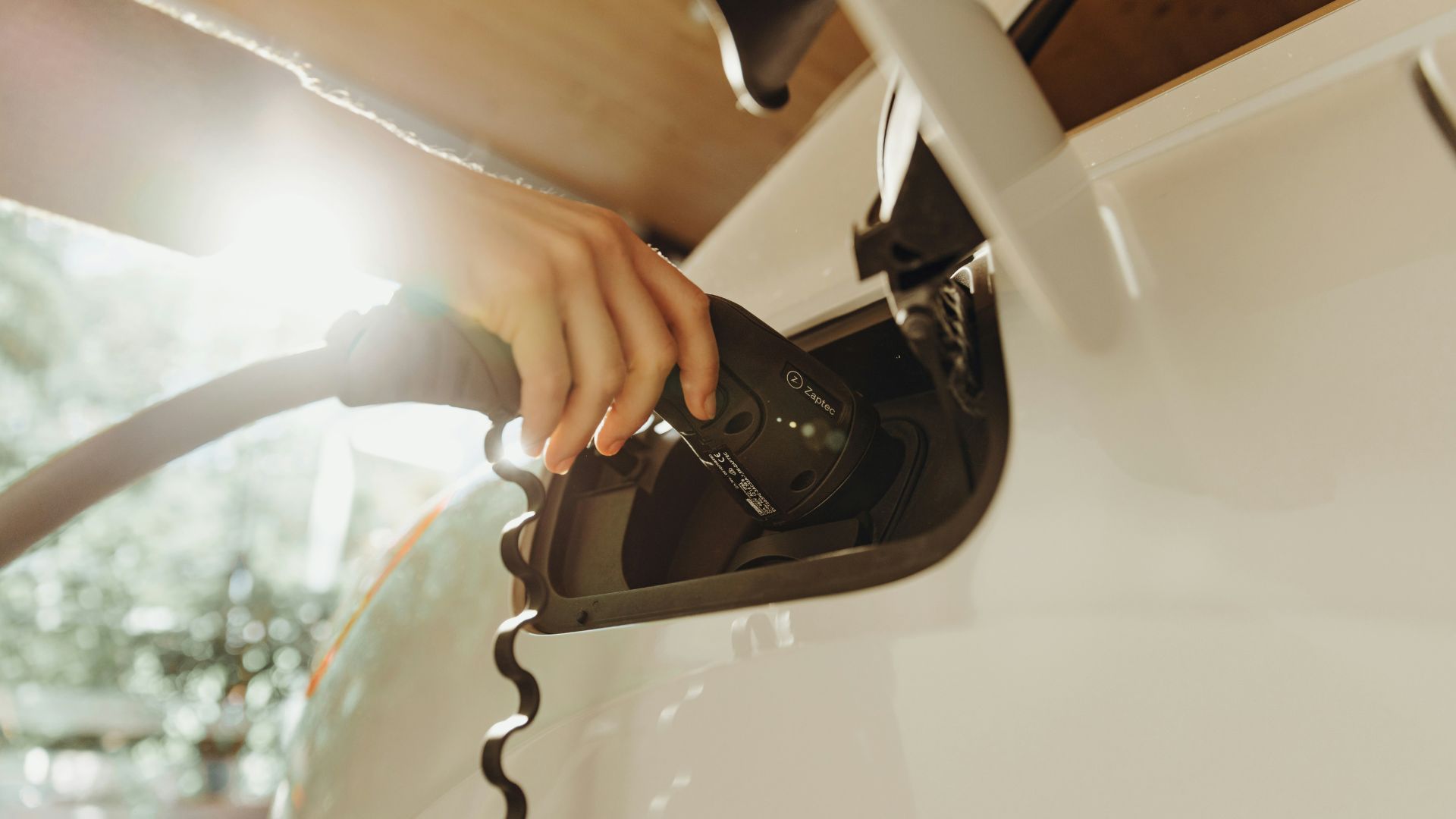Why is My Electric Car Not Charging
Why is My Electric Car Not Charging at Home?
Electric vehicles (EVs) are reshaping the way Colorado drives—delivering quieter rides, lower fuel costs, and a cleaner future. But when your EV won’t charge at home, that convenience can quickly turn into frustration.
If you’ve been asking, “why is my electric car not charging at home?”—you are not alone. Many EV owners run into this issue, and the reasons are usually straightforward once you know what to look for.
At GO EV Colorado, we’ve helped countless homeowners get their charging systems back online. Below, we’ll walk you through the most common problems, troubleshooting steps, and when it makes sense to call in a professional.
How Home EV Charging Works
Home charging is one of the biggest benefits of owning an electric vehicle. Most drivers rely on one of two setups:
- Level 1 Chargers – Plug directly into a standard 120-volt outlet. They work, but slowly—best for light daily driving needs.
- Level 2 Chargers – Use a 240-volt outlet and deliver much faster charging. These are the most popular and practical choice for homeowners.
Both rely on a stable electrical supply, a compatible charger, and a clean connection between your car and charging station. When something goes wrong in this chain, charging may stop.
Common Reasons Your EV Won’t Charge at Home
Even well-installed systems can run into issues. Here are the most common culprits we see:
- Faulty charging station or cable
- Electrical or power supply problems in the home
- Damaged or dirty charging connectors
- Vehicle software glitches or misconfigured charging schedules
- Environmental factors like extreme heat, cold, or moisture
Let’s break these down.
1. Faulty Charging Equipment
Like any appliance, EV chargers can wear out. LED indicators not lighting up, cracked cables, or a port that won’t connect securely are all red flags.
What to do:
- Inspect cables for wear and tear
- Check charger status lights
- Try a different outlet or charger, if available
If damage is visible, replace equipment with approved parts to ensure safe charging.
2. Electrical or Power Supply Issues
If your charger looks fine but your EV still isn’t charging, the problem may be your home’s electrical system.
Troubleshooting tips:
- Check if the circuit breaker has tripped
- Verify your charger has a dedicated circuit with the right capacity
- Consider surge protection to prevent damage
When in doubt, call a licensed electrician. At GO EV Colorado, our certified team specializes in EV-ready installations and upgrades, including panel work if your system isn’t keeping up.
3. Charging Cable and Connector Problems
Your EV cable and connector are the gateway to power. Dirt, damage, or corrosion can interrupt the flow.
What to do:
- Inspect cables for fraying or exposed wires
- Clean ports with a dry cloth
- Replace any damaged connectors immediately
Proper handling and routine checks extend lifespan and keep downtime minimal.
4. Vehicle Software or Settings
Sometimes the issue isn’t the charger—it’s the car.
Check for:
- Outdated vehicle software
- Charging schedules set for later hours
- System glitches that can be fixed with a reboot
Most manufacturers release updates to patch bugs, including charging problems.
5. Environmental and External Factors
Colorado weather can put EV systems to the test. Extreme cold can slow charging, while heat or moisture can shut it down completely.
Best practices:
- Keep your charger in a dry, ventilated space
- Shade outdoor chargers from direct sun
- Protect connections from snow and rain
Quick Troubleshooting Checklist
When your EV isn’t charging, follow this sequence:
- Check connections – Is the cable plugged in securely?
- Inspect equipment – Any cracks, frays, or error lights?
- Examine power supply – Breakers on? Voltage compatible?
- Review vehicle settings – Scheduled charging? Software updated?
- Environmental check – Is the area clean, dry, and temperature controlled?
If you can’t pinpoint the issue, it may be time for professional help.
Advanced Tips for Better Home Charging
Once your system is back online, you can make charging faster, smarter, and more reliable:
- Upgrade to a Level 2 charging station for quicker turnaround
- Use smart chargers to schedule off-peak charging and track usage
- Pair with solar panels for energy savings
- Schedule routine inspections to keep your system running strong
When to Call a Professional
DIY troubleshooting is a good first step, but call a pro if you notice:
- Repeated breaker trips or power issues
- Visible damage to charging equipment
- Inconsistent or unreliable charging
For car-specific issues, contact your EV dealer. For electrical concerns at home, GO EV Colorado can inspect, repair, or upgrade your setup to keep you charging with confidence.
Preventive Maintenance and Future-Proofing
Stay ahead of problems by:
- Cleaning ports and cables regularly
- Keeping equipment protected from weather extremes
- Updating both vehicle and charger software
- Considering upgrades as EV technology evolves
Future-proofing your setup ensures your home stays ready for newer, higher-capacity EVs.
Stay Charged with GO EV Colorado
Asking “why is my EV not charging at home” is more common than you think—but most issues have straightforward solutions. With the right knowledge and expert support, you’ll keep your EV road-ready without the stress.
At GO EV Colorado, we specialize in professional EV charger installation, troubleshooting, and upgrades across Denver, Boulder, Colorado Springs, and the entire Front Range. Whether you need a quick fix or a full system upgrade, we’ve got you covered.
Stay charged, stay confident—and let GO EV Colorado keep your EV powered for the road ahead.

